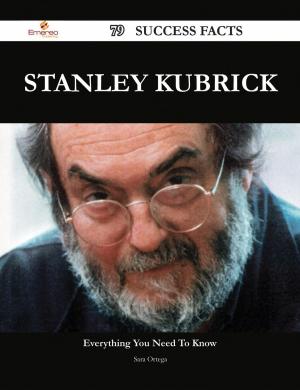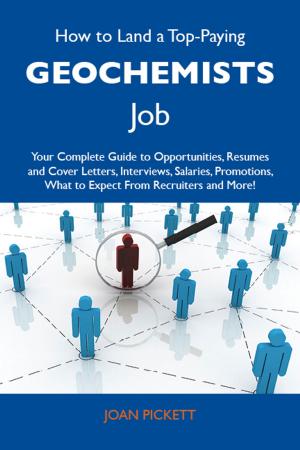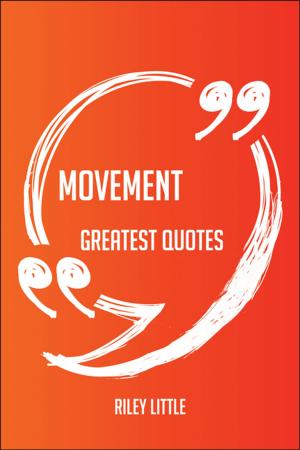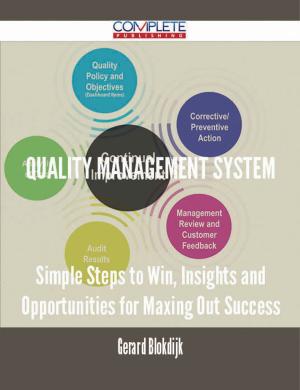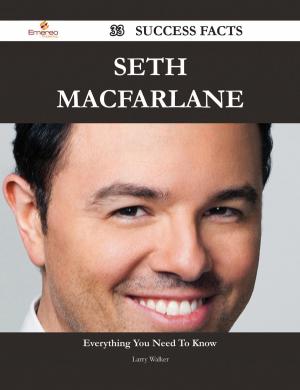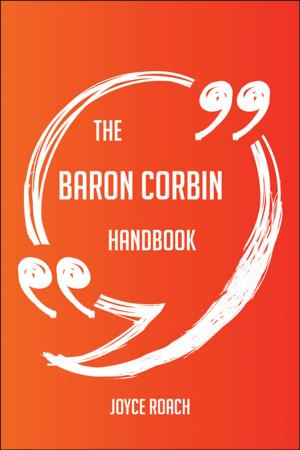The Connexion Between Taste and Morals - Two lectures - The Original Classic Edition
Nonfiction, Reference & Language, Reference, Fiction & Literature| Author: | Mark Hopkins | ISBN: | 9781486444724 |
| Publisher: | Emereo Publishing | Publication: | March 18, 2013 |
| Imprint: | Emereo Publishing | Language: | English |
| Author: | Mark Hopkins |
| ISBN: | 9781486444724 |
| Publisher: | Emereo Publishing |
| Publication: | March 18, 2013 |
| Imprint: | Emereo Publishing |
| Language: | English |
Finally available, a high quality book of the original classic edition of The Connexion Between Taste and Morals - Two lectures. It was previously published by other bona fide publishers, and is now, after many years, back in print.
This is a new and freshly published edition of this culturally important work by Mark Hopkins, which is now, at last, again available to you.
Get the PDF and EPUB NOW as well. Included in your purchase you have The Connexion Between Taste and Morals - Two lectures in EPUB AND PDF format to read on any tablet, eReader, desktop, laptop or smartphone simultaneous - Get it NOW.
Enjoy this classic work today. These selected paragraphs distill the contents and give you a quick look inside The Connexion Between Taste and Morals - Two lectures:
Look inside the book:
No; to supply it, we have the pleasures of rational social converse, the play of the affections, the duties of kindness and benevolence—does a man feel depressed, let him do a good action—and last, but not least, the gratifications of taste: all the pleasure to be derived from the concord of sweet sounds, from the charms of literature, from the forms and colors and groupings of nature, from her sunrisings and sunsettings, from her landscapes of mountain and valley and lake and river, from the stars that roll in their courses, and the flowers that nod to each other by the way-side.—These are the sources of mental exhilaration which God has provided; and they are, to the artificial stimulants of theatrical exhibitions and of gambling, what the cold water that was drank in Eden is to brandy and gin. ...Says Sir Joshua Reynolds, 'If an European, when he has cut off his beard, and put false hair on his head, or bound up his own natural hair in regular hard knots, as unlike nature as he can possibly make it, and after having rendered them immovable by the help of the fat of hogs, has covered the whole with flour, laid on by a machine with the utmost regularity; if, when thus attired, he issues forth and meets a Cherokee Indian, who has bestowed as much time at his toilet, and laid on, with equal care and attention, his yellow and red ochre on particular parts of his forehead or cheeks, as he judges most becoming; whoever of these two despises the other for his attention to the fashion of his country; whichever feels himself provoked to laugh, is the barbarian.'
About Mark Hopkins, the Author:
According to the biographical article on Hopkins that appears in American Authors 1600-1900, 'It was President James Garfield who first, at a dinner of Williams alumni, defined a university as 'Mark Hopkins on one end of a log and a student on the other.' ' (p. ...In 1835 he organized and conducted a natural history expedition to Joggins, Nova Scotia, said to have been the first expedition of the kind sent out from any American college, and in 1837, at his suggestion and under his direction, an astronomical observatory was built at Williams College, said to have been the first in the United States built at a college exclusively for the purposes of instruction.
Finally available, a high quality book of the original classic edition of The Connexion Between Taste and Morals - Two lectures. It was previously published by other bona fide publishers, and is now, after many years, back in print.
This is a new and freshly published edition of this culturally important work by Mark Hopkins, which is now, at last, again available to you.
Get the PDF and EPUB NOW as well. Included in your purchase you have The Connexion Between Taste and Morals - Two lectures in EPUB AND PDF format to read on any tablet, eReader, desktop, laptop or smartphone simultaneous - Get it NOW.
Enjoy this classic work today. These selected paragraphs distill the contents and give you a quick look inside The Connexion Between Taste and Morals - Two lectures:
Look inside the book:
No; to supply it, we have the pleasures of rational social converse, the play of the affections, the duties of kindness and benevolence—does a man feel depressed, let him do a good action—and last, but not least, the gratifications of taste: all the pleasure to be derived from the concord of sweet sounds, from the charms of literature, from the forms and colors and groupings of nature, from her sunrisings and sunsettings, from her landscapes of mountain and valley and lake and river, from the stars that roll in their courses, and the flowers that nod to each other by the way-side.—These are the sources of mental exhilaration which God has provided; and they are, to the artificial stimulants of theatrical exhibitions and of gambling, what the cold water that was drank in Eden is to brandy and gin. ...Says Sir Joshua Reynolds, 'If an European, when he has cut off his beard, and put false hair on his head, or bound up his own natural hair in regular hard knots, as unlike nature as he can possibly make it, and after having rendered them immovable by the help of the fat of hogs, has covered the whole with flour, laid on by a machine with the utmost regularity; if, when thus attired, he issues forth and meets a Cherokee Indian, who has bestowed as much time at his toilet, and laid on, with equal care and attention, his yellow and red ochre on particular parts of his forehead or cheeks, as he judges most becoming; whoever of these two despises the other for his attention to the fashion of his country; whichever feels himself provoked to laugh, is the barbarian.'
About Mark Hopkins, the Author:
According to the biographical article on Hopkins that appears in American Authors 1600-1900, 'It was President James Garfield who first, at a dinner of Williams alumni, defined a university as 'Mark Hopkins on one end of a log and a student on the other.' ' (p. ...In 1835 he organized and conducted a natural history expedition to Joggins, Nova Scotia, said to have been the first expedition of the kind sent out from any American college, and in 1837, at his suggestion and under his direction, an astronomical observatory was built at Williams College, said to have been the first in the United States built at a college exclusively for the purposes of instruction.

